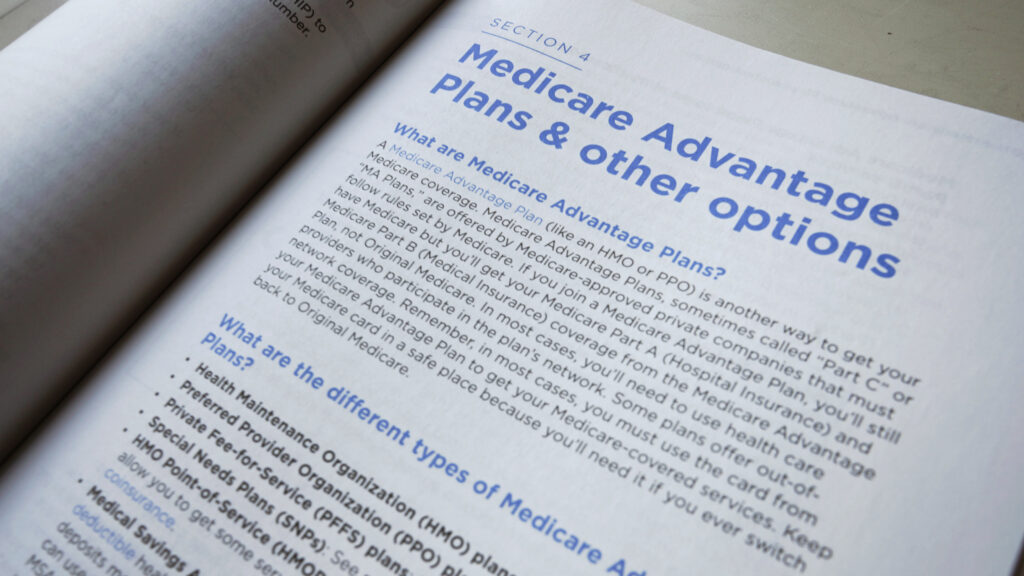In 2023, enrollment in Medicare Advantage, the version of Medicare run by private insurers, surpassed 50% of eligible beneficiaries for the very first time. Going by this headline, or perhaps the predictable flood of advertisements for plans during the fall’s open enrollment period, you might be fooled into thinking 2023 was MA’s best year yet. In fact, the opposite is true.
Investors in MA insurance companies experienced a rude awakening in late January, with insurer stocks plummeting in the face of earnings reports showing profits falling far below expectations in the last quarter of 2023. Companies like CVS Health and UnitedHealth Group saw losses of 5.2% and 6.2% respectively, while Humana, whose business model relies heavily on the MA program, fell an astonishing 14.2%. These insurers cited higher than average health care utilization rates as the culprit and warned that 2024 would likely see more of the same. At the same time, private equity investment in MA has fallen, showing waning confidence in the program.
advertisement
These are just the latest in a series of negative headwinds for Medicare Advantage, as people across the political spectrum have begun to see the many flaws in the program. Legislators from both parties have introduced bills to crack down on egregious overpayments to MA plans, which researchers from Physicians for a National Health Program (where one of us, Philip, is president) have estimated are as high as $140 billion per year. Many seniors say they feel trapped in the program, tricked into joining with promises of quality care and low costs, only to find their treatments denied and bills piling up when they become ill. A recent report from the Commonwealth Fund found that more Medicare Advantage patients (22%) than traditional Medicare patients (13%) reported delays due to insurance approvals. With all these issues, hospitals are increasingly refusing to accept MA at all, citing low reimbursement rates and excessive prior authorization as heavily burdensome to their work.
The truth is that MA has been a broken system since the beginning, especially for patients. The business worked only as long as insurers were able to extract inappropriately large payments from the Medicare fund through methods like upcoding, where plans list false or exaggerated diagnoses on patient charts to get more money while providing no additional care. In fact, the MA model relies on providing as little care as possible in general, with insurers putting care approval behind a wall of delays and denials to save money and leaving patients suffering without necessary treatment. Now that the government is trying to rein in these abuses and seniors are using more health care than before, this model is in serious jeopardy.
Before, investors had assumed MA plans could keep the business humming along, that private insurers would always be able to keep their enrollees’ use of medical goods and services in check, and that policymakers would always look the other way as the government doled out billions in overpayments annually. They now see that these assumptions are failing, and many have sold their holdings in these companies as a result.
advertisement
Private plans have no business administering Medicare benefits. Traditional Medicare is already more efficient than its private counterpart, in large part because the approval process is much simpler and there aren’t the same incentives to upcode. Traditional Medicare spends far less of its funds on administrative overhead, and overall it spends less money per patient than Medicare Advantage while providing far superior access to doctors, hospitals, and treatments.
That’s not to say that traditional Medicare doesn’t need improvements. Patients often choose Medicare Advantage because they are attracted by misleading promises of low premiums and extra benefits such as dental, hearing, and vision (though as MA collapses, these promises may be abandoned). There is no reason why these benefits should not exist and work better in traditional Medicare, and in fact they could be largely funded by all the overpayments currently going to MA insurers. The more we improve the benefits offered by the traditional Medicare program, the more people will pick it over MA, saving the government money and saving themselves from a series of health care headaches. That’s competition that can really work.
Medicare Advantage isn’t working for any group: the government, patients, taxpayers, and now even investors. It’s time to turn to what we already know works. We need to support and strengthen traditional Medicare.
Wendell Potter is former VP, corporate communications, Cigna, and publisher of HEALTH CARE un-covered. Philip Verhoef, M.D., Ph.D., is an intensivist and associate clinical professor of medicine at the John A. Burns School of Medicine, University of Hawaii-Manoa. He is the president of Physicians for a National Health Program.

